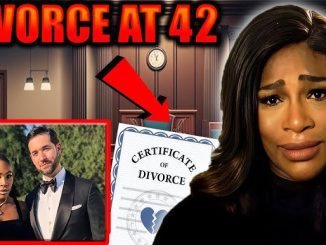In a recent revelation that has sent shockwaves through the entertainment industry, comedian Dave Chappelle has opened up about Oprah Winfrey, boldly declaring her the “Diddy of Hollywood.”
Known for his sharp wit and unfiltered honesty, Chappelle’s comments come as part of a larger critique of Hollywood’s elite, where he suggests that Winfrey has long played a behind-the-scenes role in manipulating the narrative to serve her interests.
“I would say Oprah Winfrey, what people are beginning to do is see you for who you are,” Chappelle stated, clearly not afraid of the backlash that may come with such a bold accusation. This isn’t the first time he has cast doubt on Oprah’s integrity, and his latest comments follow a string of criticisms that paint her as a handler for Hollywood elites.

A Longstanding Grudge
Chappelle’s critique is rooted in a history of skepticism towards Winfrey’s influence. He has accused her of manipulating situations behind the scenes, claiming that she profits from the suffering of others while associating with shady characters. “Sometimes the funniest thing to say is to remember not saying it to,” he remarked, hinting at the gravity of his accusations.
The comedian’s commentary follows Mel Gibson’s recent exposé on Oprah, but Chappelle has been vocal about his suspicions of her for years. He believes she is complicit in perpetuating harmful stereotypes, particularly anti-Black narratives, through her powerful media platform.
One of the most glaring examples Chappelle highlighted was Oprah’s interview with individuals who accused the late Michael Jackson long after his passing—an interview that many felt tarnished Jackson’s legacy without substantiated evidence. “Don’t speak up. Silence allows more victims to occur,” Chappelle stated, emphasizing the need for accountability in the media.
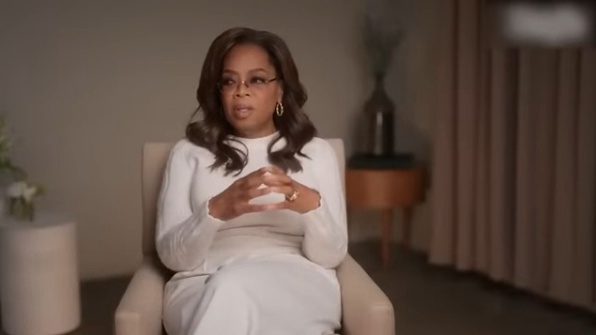
Monique’s Fallout: A Case Study
The tension between Oprah and actress Monique serves as a prime example of the consequences of this power dynamic. Chappelle noted that Oprah allegedly attempted to sabotage Monique’s career, leading to a public fallout between the two women. The conflict began when Monique refused to participate in extensive promotions for her role in Precious, which resulted in whispers of her being “difficult” in Hollywood circles.
Monique accused Oprah, along with director Lee Daniels and producer Tyler Perry, of conspiring to blacklist her from the industry. “When you don’t do what we ask you to do, we take your livelihood,” Monique asserted, suggesting that powerful figures in Hollywood will go to great lengths to maintain their control over emerging talent.
Oprah’s relationship with Monique took a darker turn when she invited Monique’s brother, who had confessed to molesting her, onto her talk show without consulting Monique first. This incident deepened their rift, leaving Monique feeling betrayed by someone she once considered a sister.
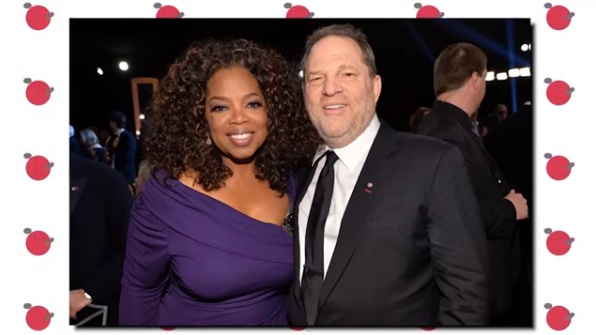
The Deeper Issues
While Oprah has built an empire, many are questioning the price of her success. Chappelle also brought attention to her alleged underpayment of Black artists and the perpetuation of harmful stereotypes, highlighting the irony of her position as a supposed champion of the Black community.
Taraji P. Henson’s emotional remarks about pay disparities in her collaboration with Oprah further sparked discussions on racial inequality in the industry. Henson expressed frustration at the lack of financial recognition she has received since starring in films like Proud Mary and The Color Purple, suggesting that Black talent continues to be undervalued in Hollywood.
As Chappelle pointed out, while Oprah has profited significantly from Black audiences, her actions often seem to align more with catering to White sensibilities than advocating for the very community that helped launch her career.
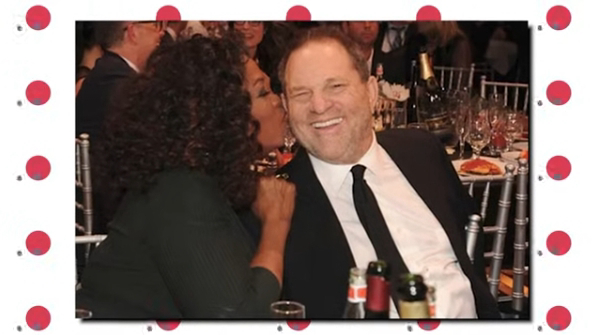
Dark Connections
Chappelle’s criticisms extend beyond Oprah’s treatment of Black artists. He unveiled troubling connections between her and notorious figures like Harvey Weinstein and John of God, a spiritual healer later arrested for sex trafficking and abuse. By giving Weinstein a platform on her show, Oprah unwittingly lent credibility to a predator, raising questions about her commitment to women’s empowerment.
In a more recent social media backlash, Seal criticized Oprah for her relationship with Weinstein, accusing her of complicity in the very system of abuse she claims to fight against. “When you have been part of the problem for decades, but suddenly they all think you are the solution,” Seal asserted, echoing Chappelle’s sentiments.
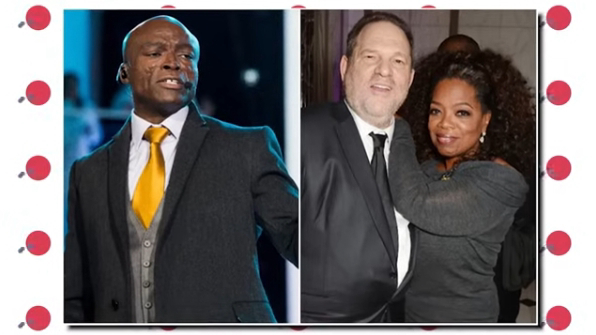
The Aftermath
Despite these controversies, Oprah has managed to maintain her reputation as a philanthropist and influential figure in media. However, her past associations with individuals like Weinstein and John of God have led many to question her sincerity. Following the revelations surrounding John of God, Oprah distanced herself, issuing statements of empathy towards his victims. Still, the skepticism surrounding her past relationships remains.
Chappelle’s comments serve as a wake-up call for many. As Hollywood grapples with its legacy of abuse and exploitation, it’s becoming increasingly clear that the lines between power, influence, and responsibility are blurred. Whether or not Oprah will address these allegations remains to be seen, but one thing is certain: Chappelle’s revelations have opened a Pandora’s box, and the world is watching.

